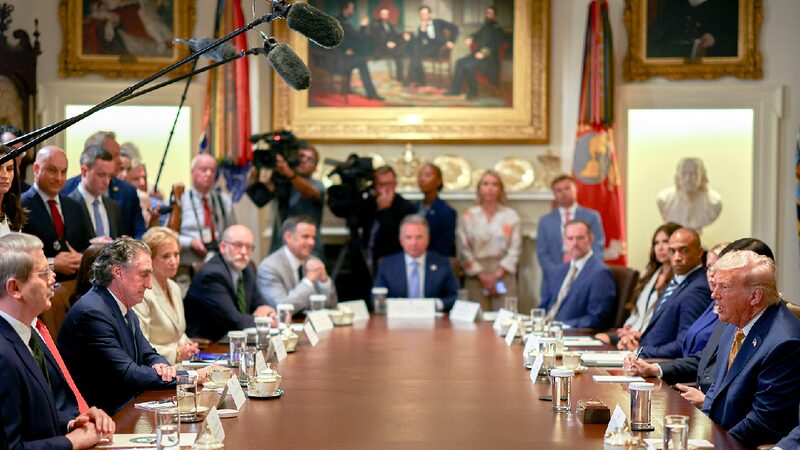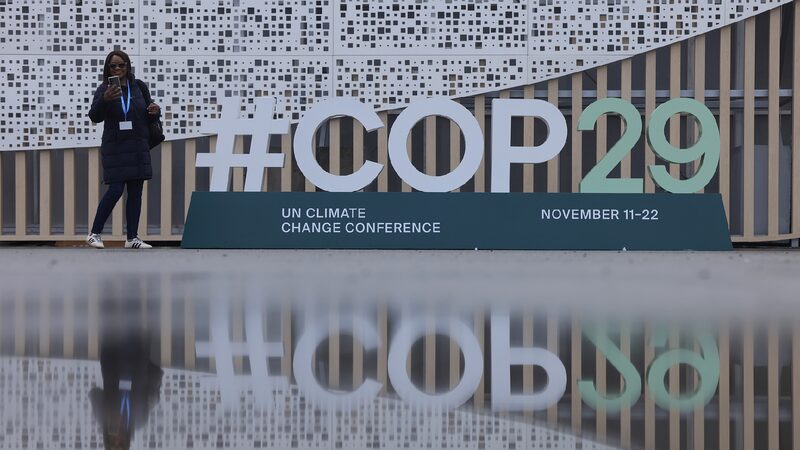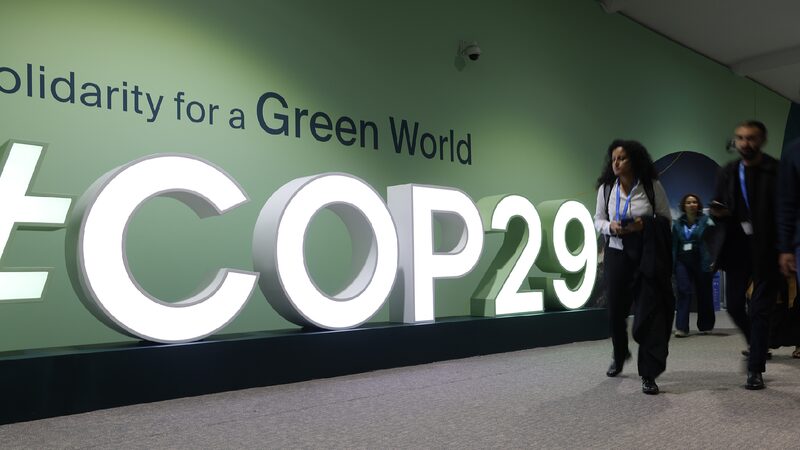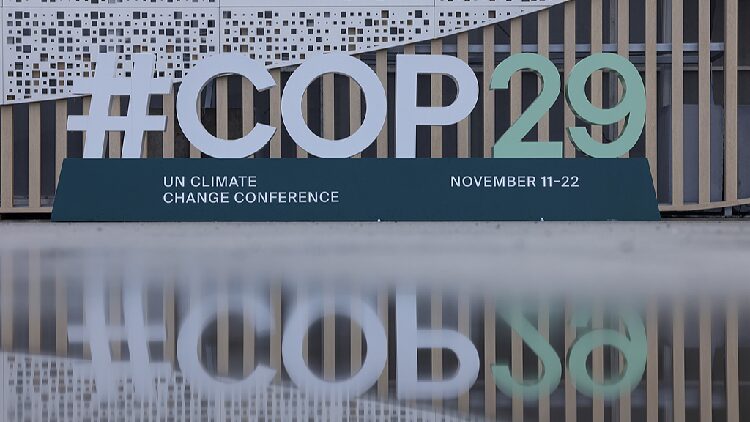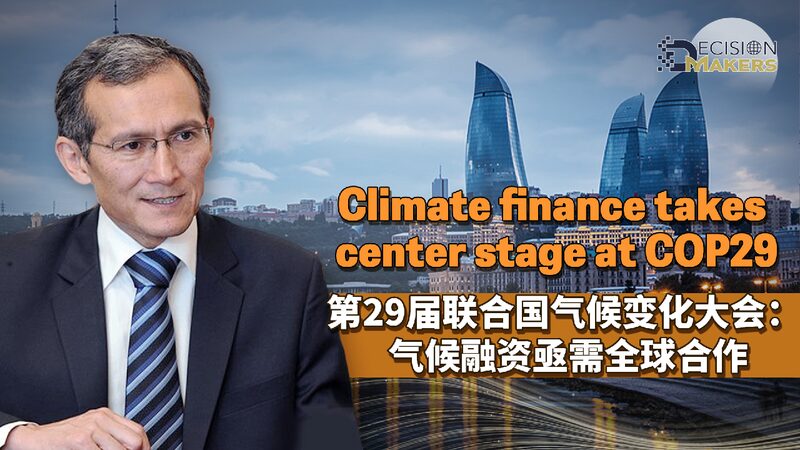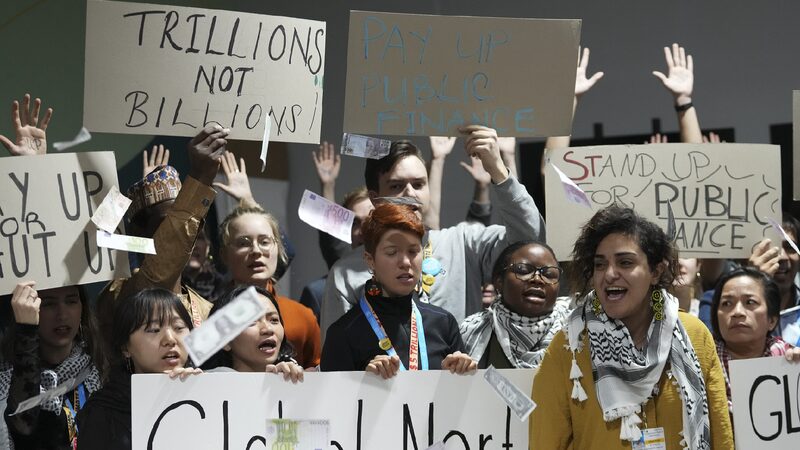As the COP29 climate conference draws to a close, nations are scrambling to reach an agreement on new climate funding to help developing countries tackle the growing threats of climate change. The clock is ticking, and the pressure is on.
One of the key missions at this year’s conference is to set a new target for financial contributions from developed nations to support climate action in the Global South after 2025. However, negotiations have hit a stumbling block, with no consensus on the specific funding amount and a clear divide between developed and developing nations.
“We need a figure as a headline to really determine whether we’re making progress,” said Adonia Ayebare, chair of the Group of 77 (G77) and China, representing developing countries. Back in 2009, wealthy nations pledged to mobilize $100 billion annually by 2020 to aid developing countries in combating climate change—a goal that was later extended to 2025. At COP29, there has been a proposal to increase this figure to at least $500 billion annually, but developed nations have yet to respond.
UN Secretary-General António Guterres has called for a “major push” in the negotiations, emphasizing the urgent need for a “surge in finance.” The latest draft of the climate agreement presents two options, reflecting the differing positions. Developing nations are advocating for funds in the form of grants, excluding contributions between developing countries. On the other hand, wealthier nations want to broaden the types of eligible finance, including contributions from various sources beyond just grants.
Ayebare expressed concern over the “lack of differentiation” in the draft agreement, alluding to the principle of common but differentiated responsibilities established in the climate change convention since 1992. “Developed countries, having historically contributed the most to greenhouse gas emissions, must take the lead in reducing emissions and provide financial and technological support to developing countries,” he asserted.
“The time for political games is over,” declared Cedric Schuster, chairman of the Alliance of Small Island States, a group of nations most threatened by rising sea levels. He criticized the shifting of the burden onto those “least capacitated, least responsible, and most ambitious.”
Echoing this sentiment, Juan Carlos Monterrey, Panama’s lead negotiator, expressed frustration at the lack of commitment from developed countries. “It feels like a slap in the face to the most vulnerable,” he said. “Developed countries must stop playing games with our lives and put a serious, quantified financial proposal on the table.”
As the final hours of COP29 approach, the world watches to see if nations can bridge their differences and come together to combat climate change effectively. The outcome will have significant implications for the future of global climate action and the lives of millions in vulnerable communities.
Reference(s):
Nations strive for climate funding consensus as COP29 deadline nears
cgtn.com


